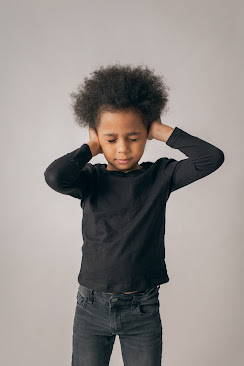Toilet Training Tips
Toilet Training Tips for non Verbal Children
Toilet Training can be difficult for some children. Children with autism might take a bit longer to be fully potty trained because of certain delays and communication challenges.
Here are some few tips to look at before toilet training
Wait until the child is ready
First thing that you need to look at when toilet training your child is their bowel movements and whether they show discomfort when the nappy is wet or dirty. You also have to look for signs of physical readiness (undressing and dressing themselves, being comfortable to sit on the potty or toilet) and lastly you have to check if they are emotionally readiness to get toilet trained.
Avoid using pull ups and use underwear
When you are toilet training your child avoid using nappies. Moving from nappies to underwear creates a different sensation for the child.
Create a visual schedule
Create a visual schedule with pictures and place it where your child can also see it. Put on a timer to remind you when to take them to the toilet(every after 30min for a beginner) communicate with your child every time you take them to the toilet. Let them sit for few minutes on the toilet.
Make toilet training fun and rewarding
Buy them under wears with their favorite cartoons or toys (cars). Reinforce for every number one or two and also for sitting on the toilet.
Don't rush the process
Number one usually happens before number two. Before your could even get the child to do number two in the toilet, you are going to get a few accidents and that's okay, always redirect them to the toilet and show them where they suppose do number one or two.
Always communicate with your child when you take them to the toilet
Always use words and other communication methods that your child is using( sign language or pictures) this teaches your child how to communicate when they want to go to the toilet in future.
Toilet training is different for everyone, with a bit of patience and persistence the goal will be achieved.
.jpg)



Comments
Post a Comment